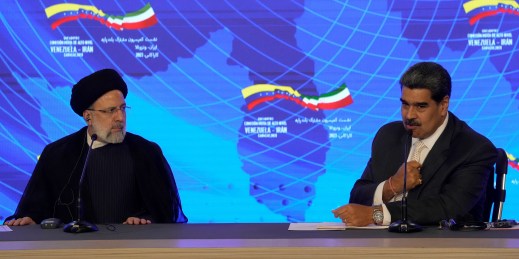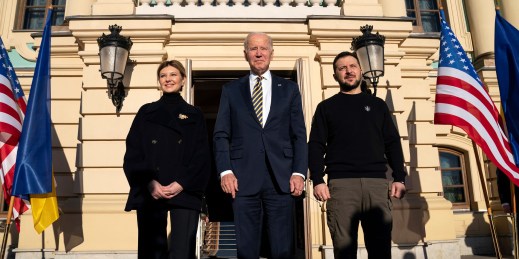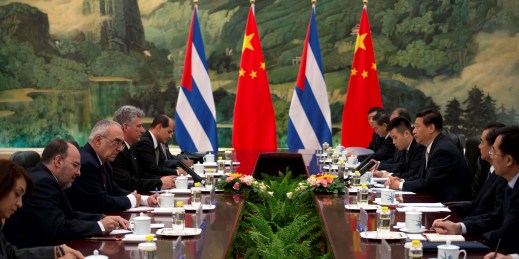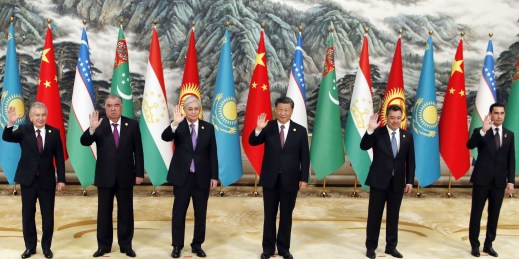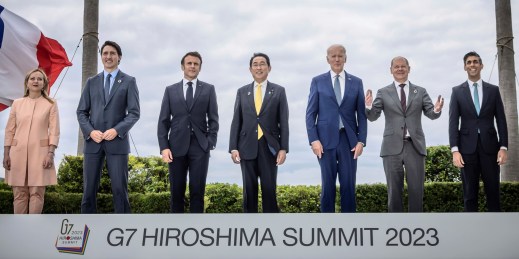
In recent years, the GCC member states have made efforts to shift toward renewable energies, while turning to China as a key partner in doing so. But while that partnership has proved fruitful in terms of investments in renewables, it has also paradoxically alleviated the pressure the GCC countries feel to abandon hydrocarbons.

